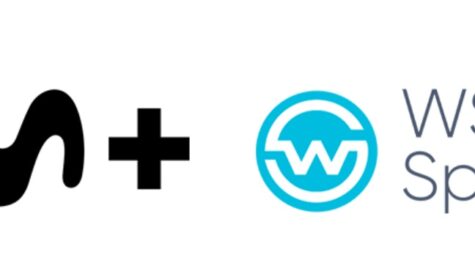Starz and the Eye
Lionsgate chief Jon Feltheimer this week outlined ambitious plans for the international expansion of Starzplay, the subscription video-on-demand offering of the US studio’s Starz premium outfit.

Starzplay’s Now Apocalypse
Starzplay has launched as an Apple TV channel across Europe and Latin American territories including the UK, France, Germany, Spain, Mexico, Argentina, Chile, and Colombia.
The expansion, which follows launches in Canada, on Amazon Channels in Germany, Austria and the UK, and on Virgin Mediain the UK –as well as launches with service provider partners in Spaintakes Starzplay – including its Middle East offshoot Starzplay Arabia – to a total of 51 countries worldwide.
Speaking on Lionsgate’s fiscal fourth quarter earnings call, Feltheimer said that “with only 5% penetration of subscription video on-demand services worldwide, we believe that the international market is a US$45 billion opportunity for us that will result in between 15 million and 25 million new Starzplay international subscribers by 2025”.
He said that Lionsgate had been able to tap into the reach of Apple and Amazon Prime to accelerate the development of the service.
Starzplay is also tapping into more traditional service providers such as Liberty Global, Orange, Vodafone and Bell Canada to extend its reach as it builds its international presence.
On the Lionsgate earnings call, CFO Jimmy Barge said that the company’s target was to have between 15-25 million international subscribers across the 51 countries the platform reaches within five years, and for international losses from the venture to peak at between US$125 million and US$150 million in 2020.
Starzplay had a headlining role in an earnings call that covered a disappointing overall performance from Lionsgate, which posted a full year to the end of March of US$284 million on revenues of US$3.68 billion, down from US$4.13 billion for the prior year.
Both lower TV production revenues and film production contributed to the big dip in fortunes for the studio.
Interestingly, what seems on the surface to be a move to give Starzplay a more central role in the company’s strategy going forwards comes as speculation mounts that Lionsgate may sell Starz to CBS. Reuters recently reported that Lionsgate has offered to sell the premium outfit for US$5.5 billion after rejecting a lower offer.
The Eye Network’s interest in Showtime suggests that CBS is mulling the creation of a much bigger direct-to-consumer play to secure a place at the digital top table alongside the likes of Netflix. CBS already has its own premium channel and streaming service, Showtime, along with its CBS All Access SVOD offering, and has taken small steps to build an international presence for the latter, launching in Canada and launching JV 10 All Access in Australia.
Recently CBS CEO Joe Ianiello described Showtime and CBS All Access as “anchors” of the new Apple TV channels offering as well as CBS’s own direct-to-consumer play. Referring to direct-to-consumer more generally, CFO Jim Lanzone meanwhile said that “there are a certain number of seats in this rocket ship that is taking off in our space” and indicated that CBS would definitely book one of those places.
The acquisition of Starz would in this context give CBS added scale in the subscription space and provide another wholly-owned distribution avenue for its own original content.
For Lionsgate, which has only recently moved to develop something that looks more like an integrated strategy for Starz as part of its wider business – enabling it to funnel its own original content to an owned direct-to-consumer distribution channel – a sale would force it to change its story for investors, but would bring the not inconsiderable benefit of easing the financial pressure it finds itself under.
More broadly, though, Lionsgate’s current placing of Starzplay at the centre of its story for investors, and CBS’ reported interest in acquiring it, both speak to the extent to which direct-to-consumer and subscription is now front and centre of strategy for all major media companies, albeit with differences of emphasis.



